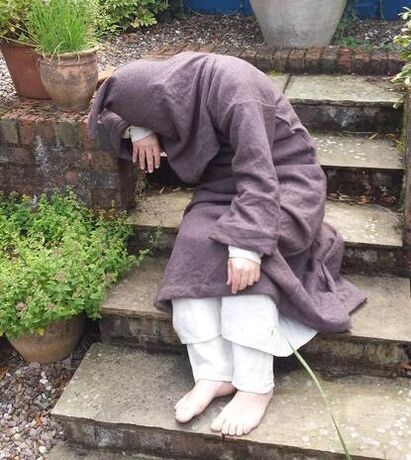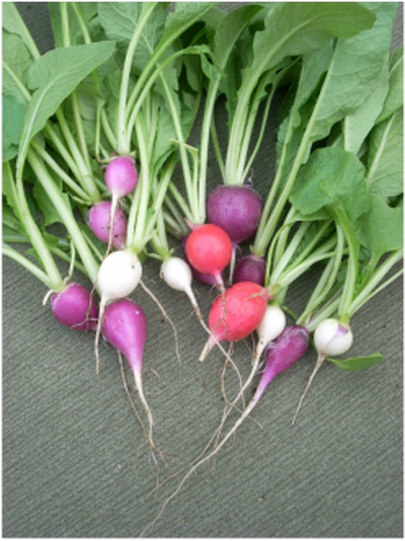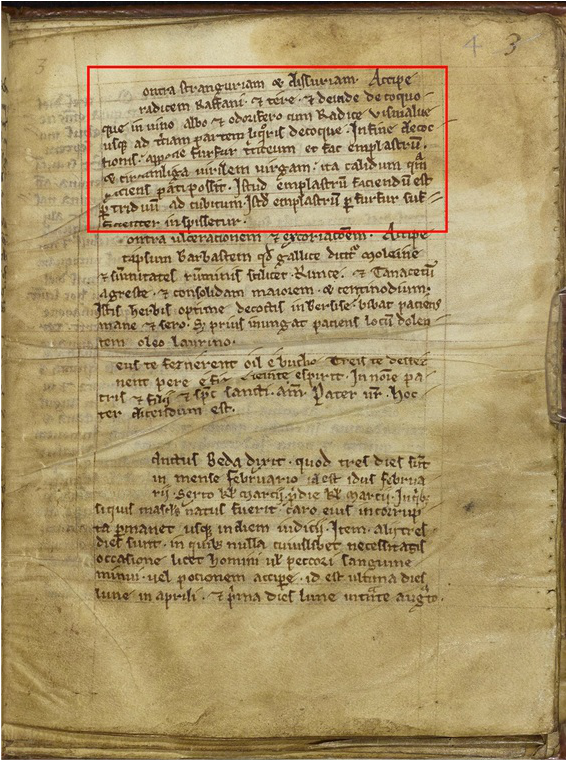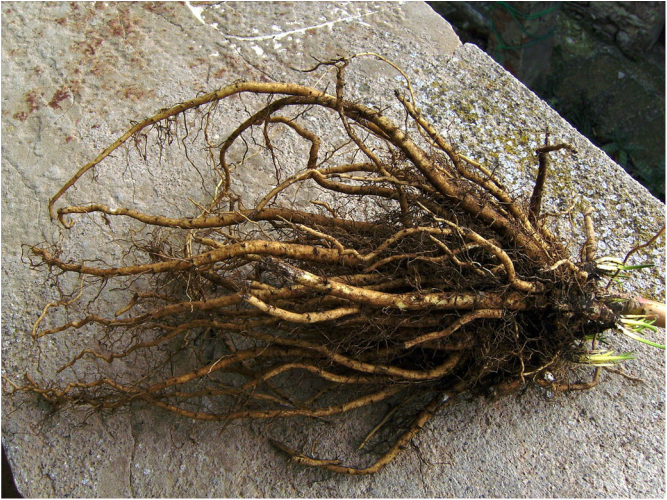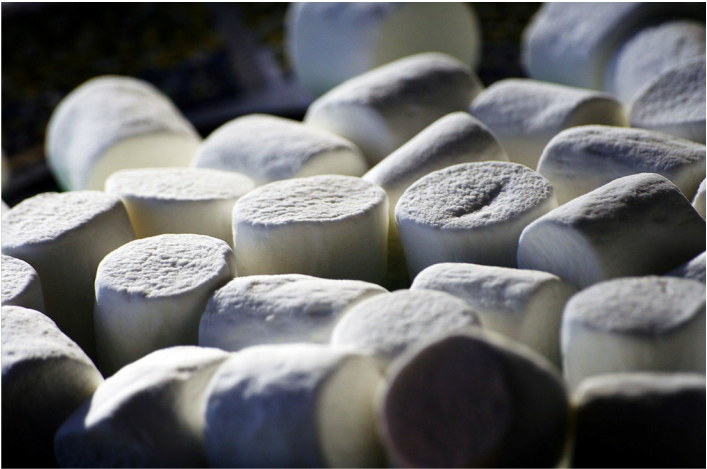|
The Medieval Monk takes a look at a 13th-century medical recipe for painful and slow urination and decides to give it a miss. Blessed readers, I know that you're all abundantly aware of my God-given gift of time-travelling, but I must mention my transhistoricalness once more. This is because I have a friend and spiritual brother who has a recurring health problem for which he cannot find a cure, here in the eleventh century. So when this last week my brother in Christ complained to me of his somatic tribulations, the obvious thing was for me to call upon the twenty-first-century experience of the other monk of this website, Dr Christopher Monk. And so I made polite enquiry of him to ascertain if there was anything in his world that might just do the trick. Well, beloved, I'm not sure I should have bothered! The rascal came up with the thirteenth-century treatment you see below, an item he unexpectedly came across whilst researching, on behalf of Rochester Cathedral, a manuscript about, of all things, monastic revenues. You will soon gather the delicate nature of my brother's condition once you read the recipe. And you will soon comprehend, my blessed readers, that I had no intention whatsoever of carrying out this particular treatment for my ailing brother. I do have my limits! The Recipe Dr Monk wishes to thank Dario Bullitta, Judy Shoaf and Erin Connelly for helping to identify marsh mallow in the recipe. Translation is Dr Monk's. Contra stranguriam et dysuriam ... or how to tackle slow and painful urination: Well, I'm quite sure, blessed ones, that you can guess my response to Dr Monk's suggested treatment, though I'm not sure I should repeat the exact words of disapprobation I uttered in his direction. What I do wish to say, however, is that Dr Monk's conscience was pricked and he was moved to explain to me that the sap of one of the ingredients in the medical recipe, namely the root of marsh mallow, was used in nineteenth-century France to make the delicacy known as marshmallow. And then with great swiftness of hand, he produced a bag of the aforementioned confection and handed it to me with the announcement, "He'll probably like those more." My brother's pain is much the same, I have to report, but he simply loved the gooey mallows and, needless to say, my own sensibilities and reputation are intact.
0 Comments
Your comment will be posted after it is approved.
Leave a Reply. |
Details
|

